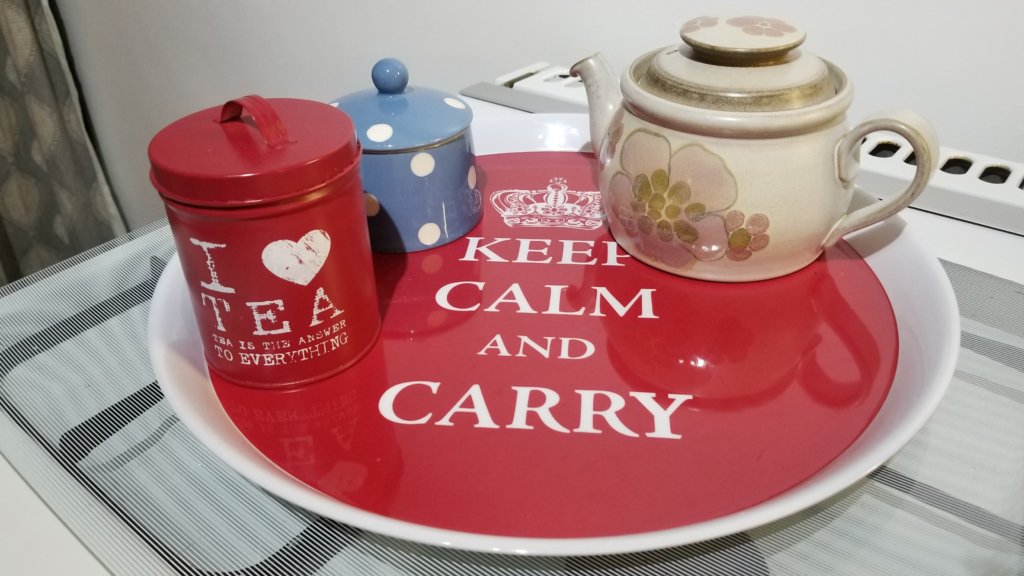 Several days this week I was tired and headache-y, yet I needed to get some writing done. I don’t know about you, but I find writing a grueling challenge on the rare days I feel rotten.
Several days this week I was tired and headache-y, yet I needed to get some writing done. I don’t know about you, but I find writing a grueling challenge on the rare days I feel rotten.
That’s why I found one particular chapter in The Write Type by Karen E. Peterson very encouraging. The author said that not all the stages of producing a story or book involve heavy-duty creative thinking. If you’re not feeling the best some days, use that time for a writing job that requires less energy–but still has to be done sometime.
Three of the following stages you’ll be familiar with (prewriting, writing and rewriting.) The other three stages are writing jobs you have to do but rarely give yourself credit for.
Stages of Writing
- Read-writing: Reading what you’ve already written before revising
- Co-writing: Discussing with another writer what you want to write or have written, getting feedback and encouragement
- Rote-writing: typing up lists, references, and hand-written revisions
- Prewriting: Gathering notes, ideas, and resources, plus jotting down ideas or outlines
- Writing: creating the story, article, poem, or book
- Rewriting: editing, revising and proofing
What To Do?
Each stage of writing requires a different kind of energy and concentration. What is most helpful is to match your energy level to the task. I’m NOT talking about unnecessary busy work that is another form of procrastination. But numerous writing tasks all have to be done at some point, but much of it doesn’t have to be done in order.
And if you’re exhausted, start with the easiest task. That’s what I did. I had go through some photos I’d taken, find and watch a couple of YouTube videos on a process I couldn’t quite picture, type up a list from scraps of notes, and re-read a revised chapter to see if it held together.
It took a couple of hours, I made progress, I got some needed writing jobs done on the project, and I didn’t make my headache worse. A good day!
And tomorrow I’ll undoubtedly be ready for one of the more “creative thinking” jobs.
[This is a repeated post from 2015. This doesn’t sound very humble, but sometimes when I need solutions to writing problems, I do a search on my own blog or read something out of my Writer’s First Aid or More Writer’s First Aid books. Sometimes we ALL forget what we already know deep down, but we need a reminder.]







